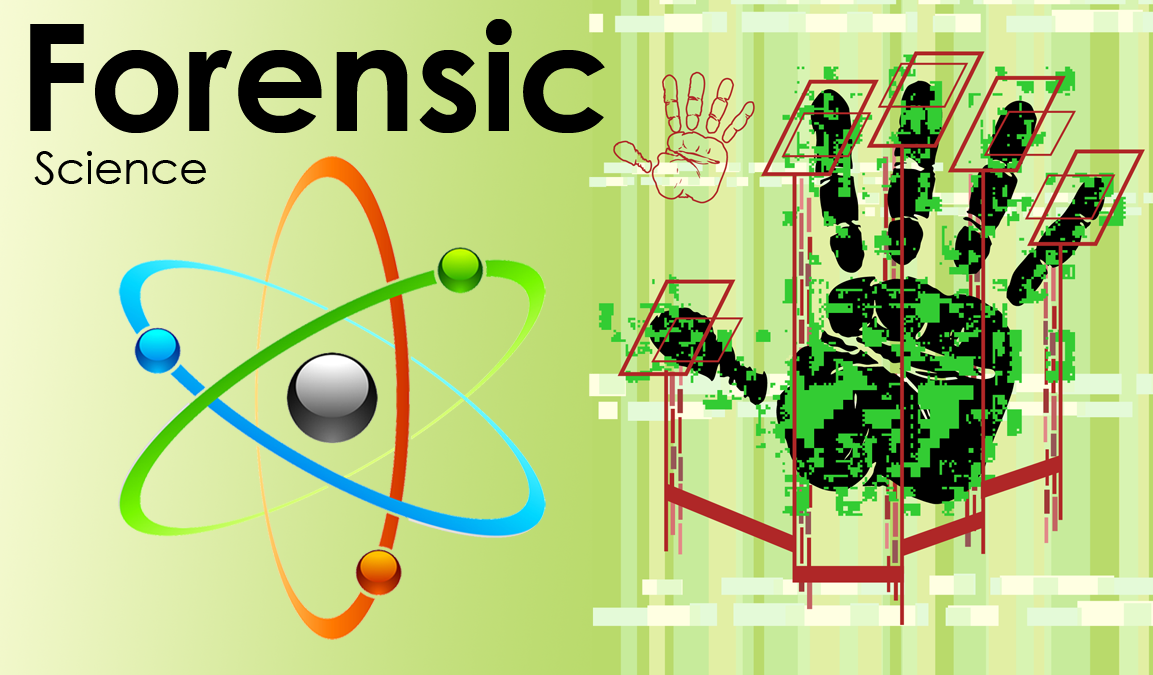

Read our article on scientific postgraduate study to explore your different options. This is a competitive field, so postgraduate study in forensic science is often required, especially if you have studied a general science subject at undergraduate level. Some employers may have specific degree requirements, so check carefully – for example, not all science-based subjects guarantee entry into the profession, and not all forensic science degrees are accredited by the Chartered Society of Forensic Science. To become a forensic scientist, you need a degree in forensic science or another science subject. Vacancies are advertised via university departments, by the Chartered Society of Forensic Sciences, and by individual employers. With experience, you could become self-employed and work as a forensic consultant. Government departments including the Defence, Science and Technology Laboratory and the Centre for Applied Science and Technology, and Forensic Science Northern Ireland.įorensic Services, Scottish Police Authority. Specialist private consultancies and laboratories. Your earnings will increase with experience: experience forensic scientists (who often have to go to court to present evidence, and to answer questions from lawyers) can earn around £35,000. Starting salaries tend to be around £21,000, according to. You could also be on call or need to work shifts.



The work is likely to involve attending crime scenes in all weathers and at unsociable hours. Reviewing the work of other forensic scientists Keeping records of findings in specialist software packages Liaising with other professionals, such as police officers and solicitors Recovering data from electronic equipment such as laptops, computers and mobile phones Occasionally they may need to visit crime scenes.Ĭarrying out tests on evidence such as blood, hairs, textile fibres, paint, glass, explosives and drugs this could involve testing fluid and tissue samples for the use of drugs or poisons, examining firearms and tyre marks, or analysing handwriting samples They may also spend time in court and in offices writing reports. They spend much time in laboratories examining traces of evidence their findings can then be used to associate or disassociate suspects with victims or crime scenes. Forensic scientists analyse evidence from crime scenes and create detailed scientific reports for legal proceedings.


 0 kommentar(er)
0 kommentar(er)
